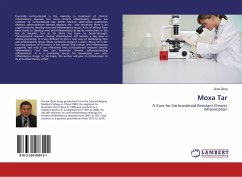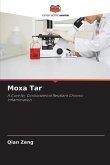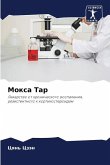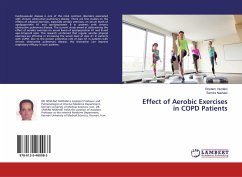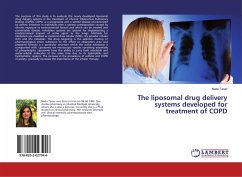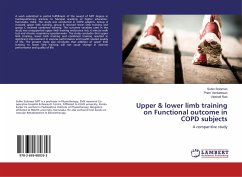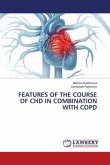Currently corticosteroid is the mainstay in treatment of chronic inflammatory diseases, but many chronic inflammatory diseases are resistant to corticosteroid like COPD (chronic obstructive pulmonary disease), atherosclerosis derived diseases, etc., and therefore there is an urgent need to develop new anti-inflammatory drugs. A lot of efforts have been made to develop new anti-inflammatory drugs by researchers in the last six decades, but so far there has been no break-through. Corticosteroid resistant chronic inflammation still remains a big issue in clinical practicing. It is very difficult to find a new way of developing new anti-inflammatory drugs. Moxa (Artemisia Argyi) is a plant. Moxa tar is the burning product of its leaves, it has potent and unique anti-inflammatory property. Not only it can effectively treat corticosteroid resistant chronic inflammation, but also can terminate chronic self-perpetuating inflammation. It is a promising source for developing new anti-inflammation drugs. In this book, the author will give an introduction to its anti-inflammatory effect.
Bitte wählen Sie Ihr Anliegen aus.
Rechnungen
Retourenschein anfordern
Bestellstatus
Storno

